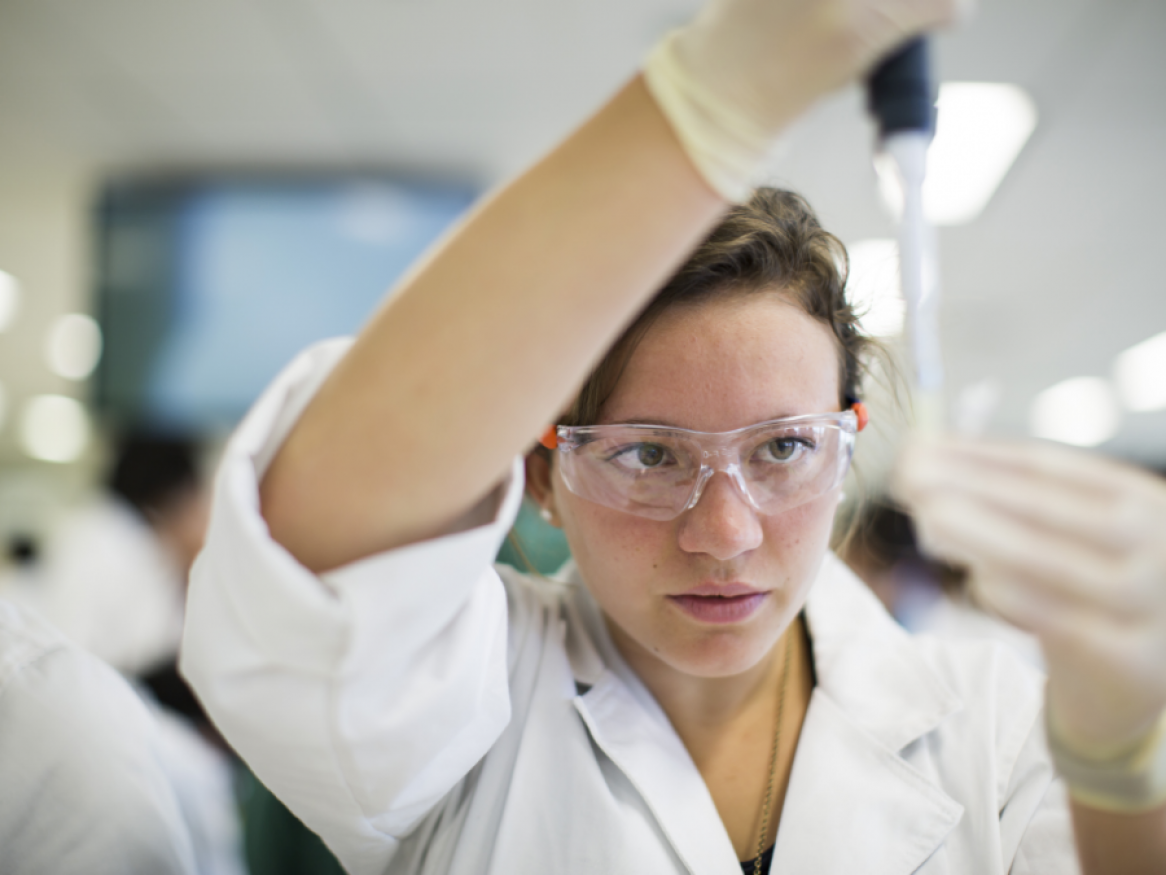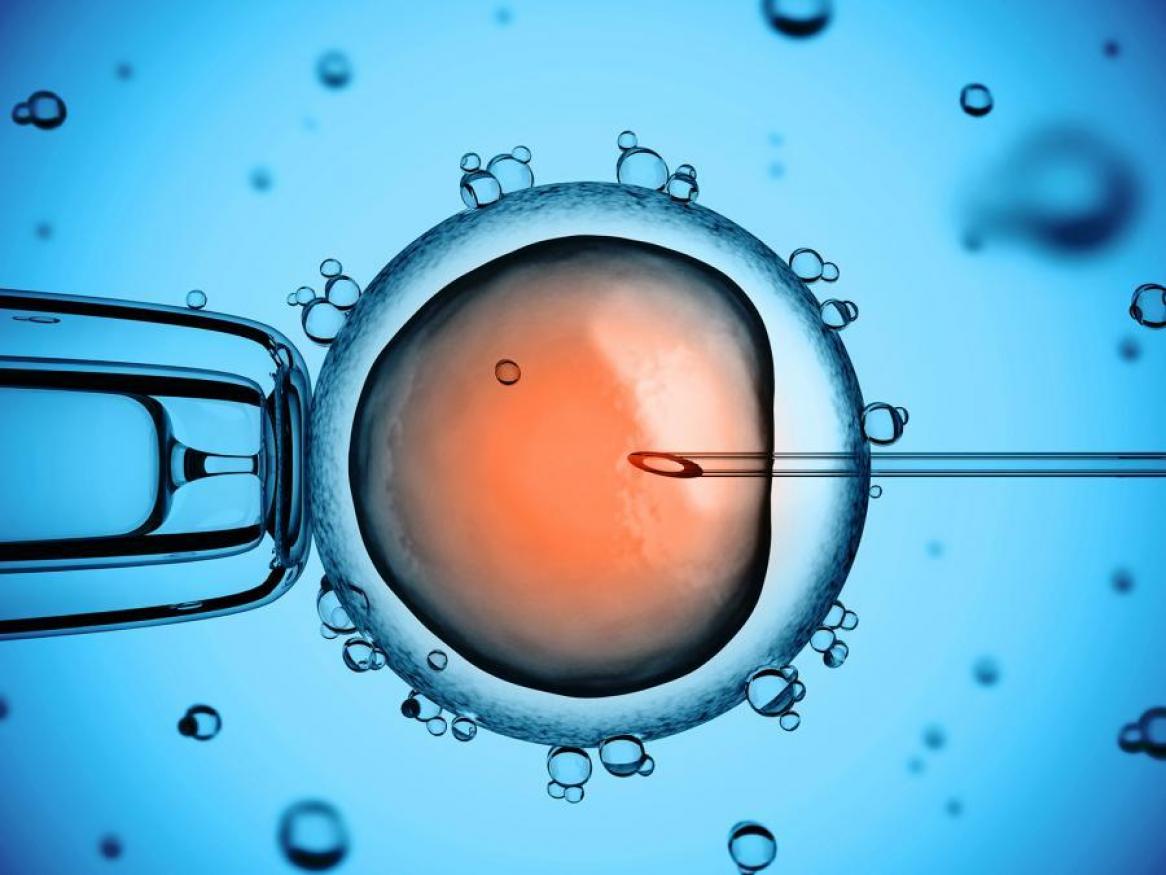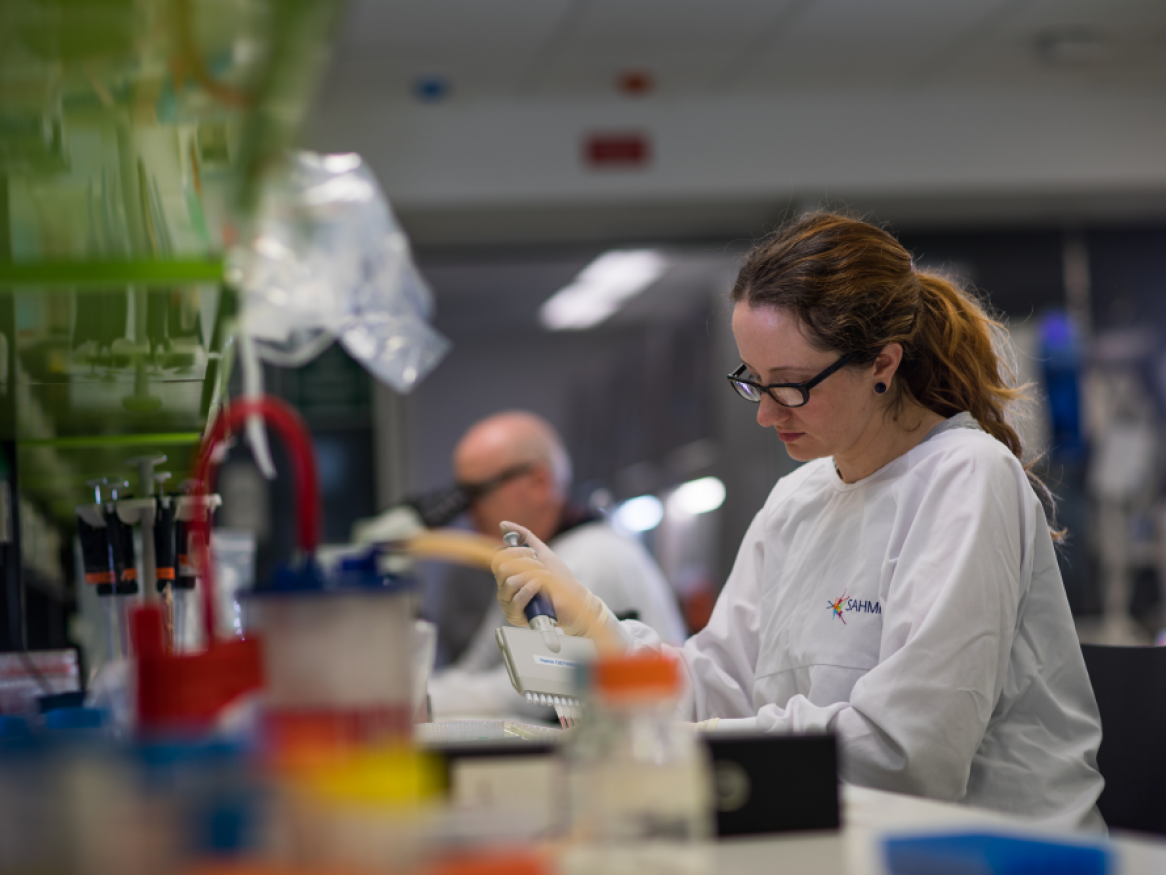Ovarian and Reproductive Cancer Cell Biology
Our group investigates ovarian hormone signals and how tissue structure effects the health and function of ovaries.
The Ovarian and Reproductive Cancer Cell Biology Group seeks to improve reproductive health, advance treatments for infertility and identify novel contraceptives. We also extend our research to reproductive cancers and developing new therapies for these.
Understanding the mechanisms of ovarian function and dysfunction is important for preventing infertility. Australia has one of the highest rates of Assisted Reproductive Technology (ART) usage internationally, resulting in over 4,000 births (an average of 3%) annually. Oocyte health is the main cause of infertility—as well as the main determinant of embryo health and subsequent ART success. The cyclical changing of the ovarian cell environment impacts oocyte quality, subsequent embryo health and, hence, a healthy start to life. Our major focus is on how oocytes and somatic cells in the ovary communicate to promote healthy oocyte development and elicit protective responses to stress.
Through our research, we have successfully characterised novel aspects of the molecular control of oocyte development and ovarian function. We have also demonstrated how the changing ovarian environment and lifestyle stressors influence ovarian somatic cell function. Infertility and polycystic ovary syndrome are both extremely common in the Australian population and both associate with dysfunctional ovarian tissue remodelling. Our work may help prevent and perfect therapies to directly address these infertility issues.
Cancers of the reproductive organs are among the most common malignancies. Another focus of our group is the action of hormones in reproductive cancers and how we can develop new therapies to prevent the initiation and progression of cancers of the reproductive organs.
Interested in a postgraduate research degree?
We offer exciting opportunities for researchers at the honours, masters and PhD levels. Our research degrees are open to students from a broad range of backgrounds, and range from basic sciences to clinical research. If you are interested in human health, consider furthering your research career with us.





